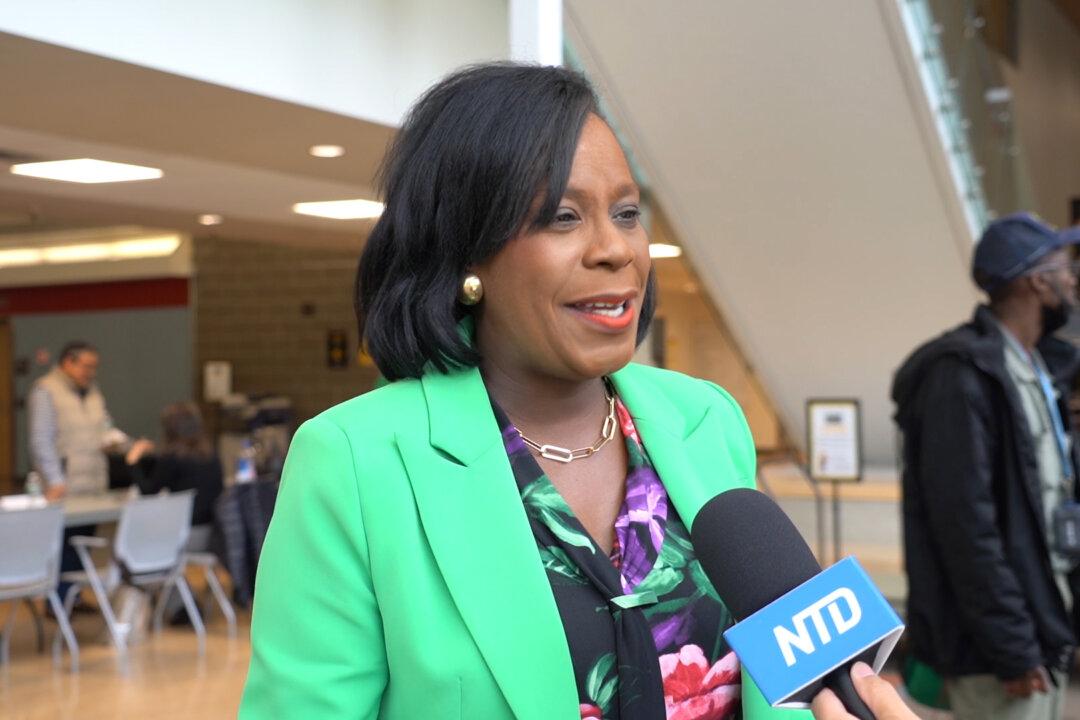Cherelle Parker won the Democrat primary for the Philadelphia mayoral race on May 16, paving the way for her to be elected as the city’s 100th mayor in November’s general election.
Parker, a former state representative and city council member, will face Republican David Oh in the Nov. 7 general election to replace Mayor Jim Kenney, a Democrat who has been in office since 2016. Oh ran unopposed.




